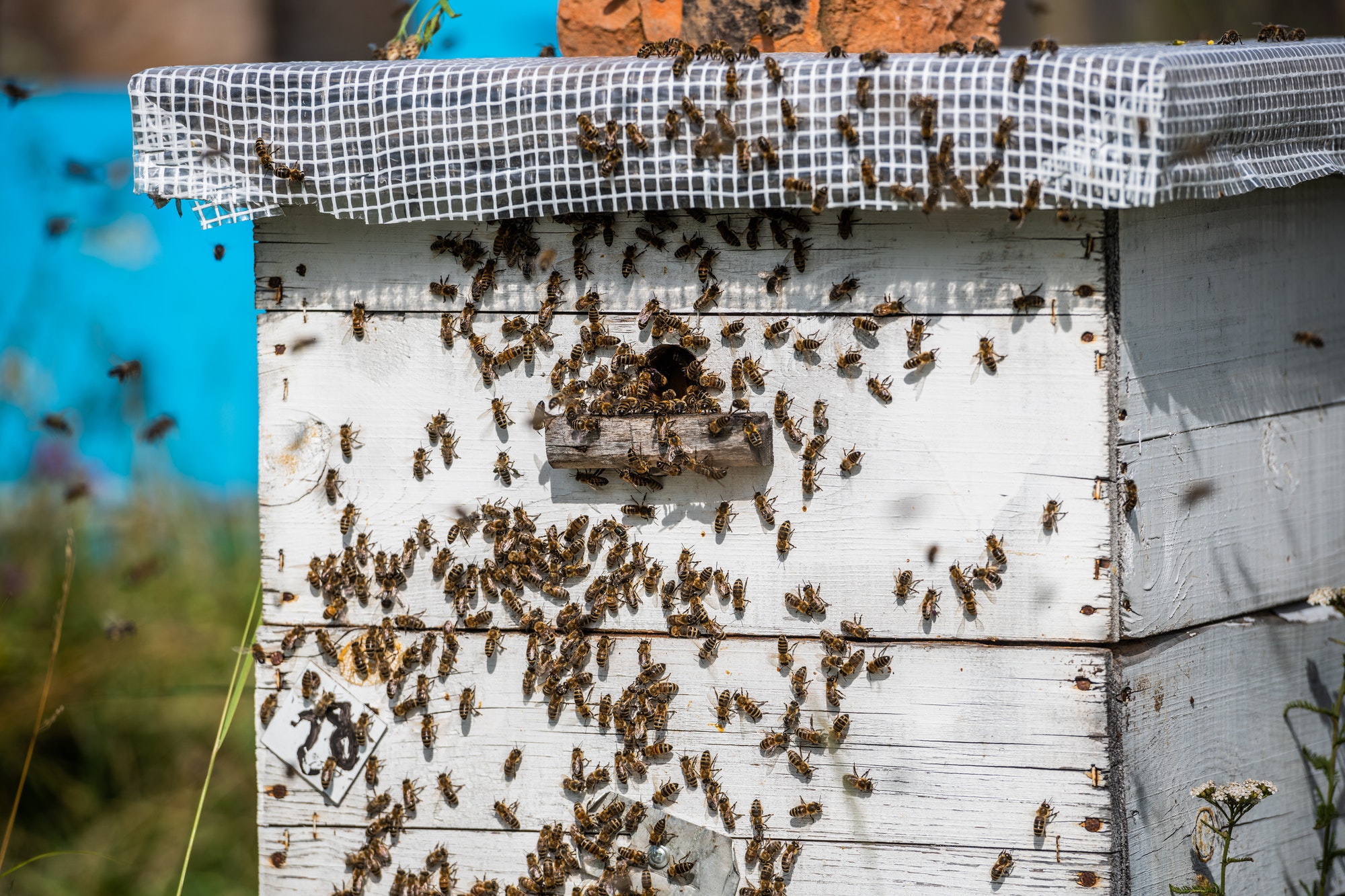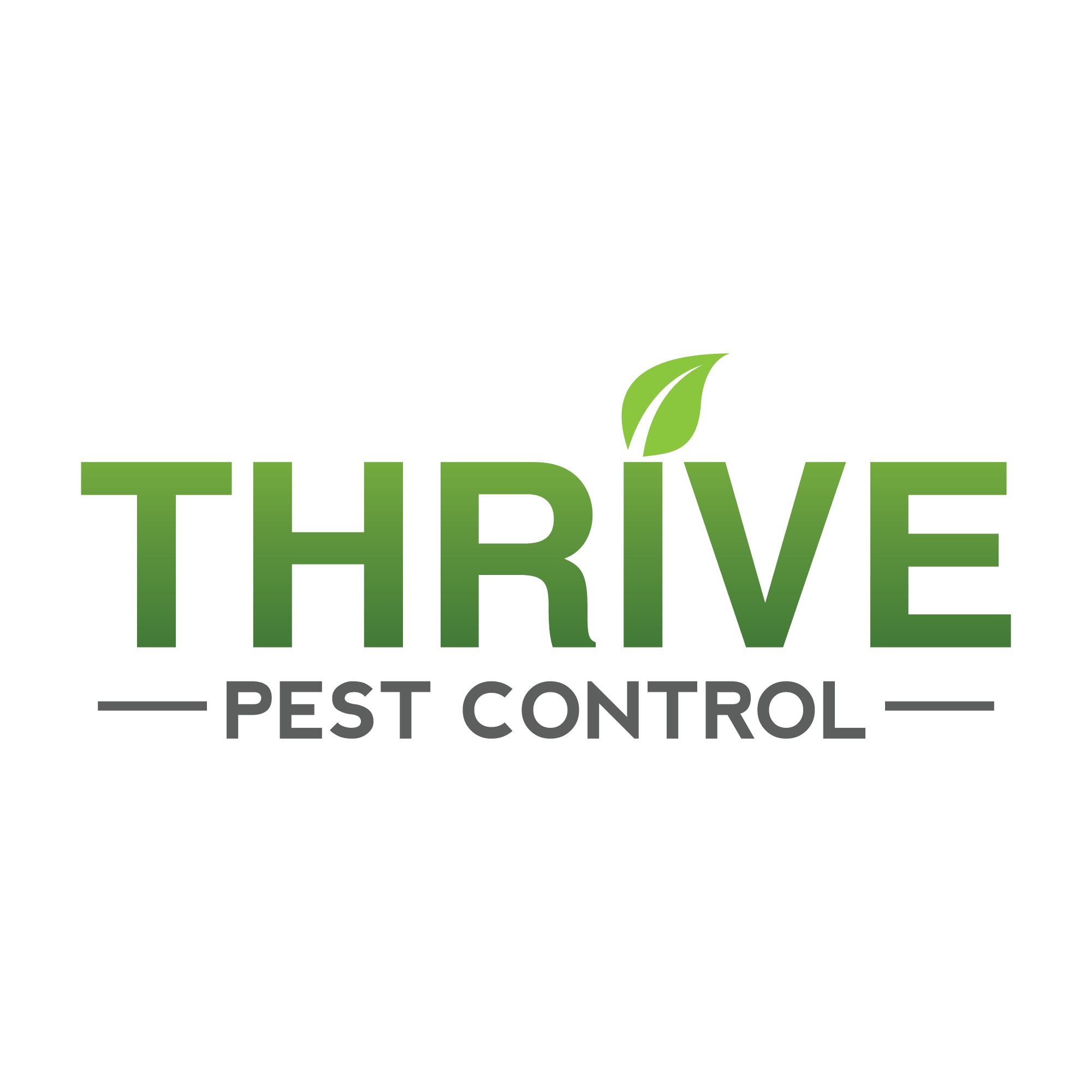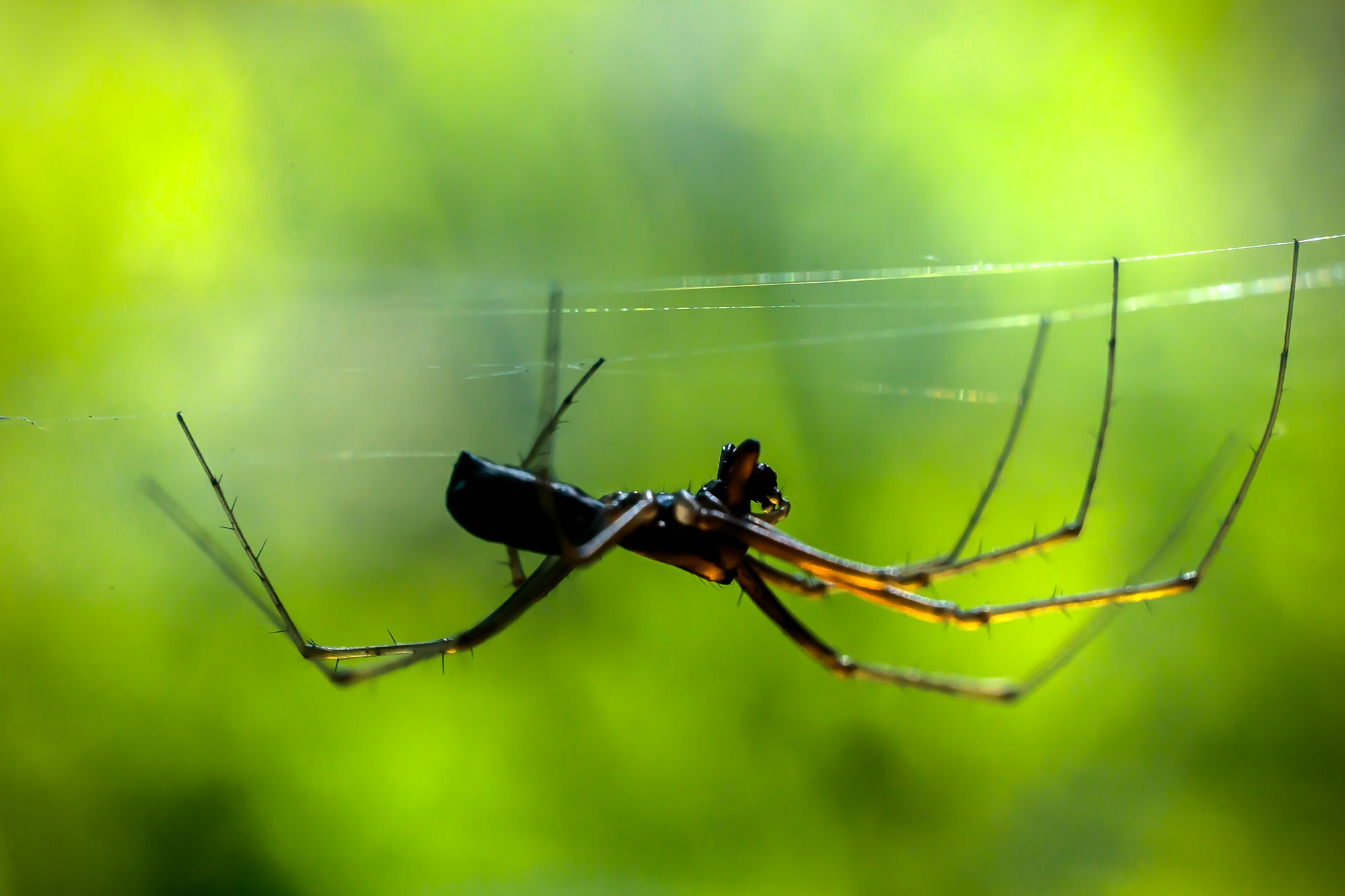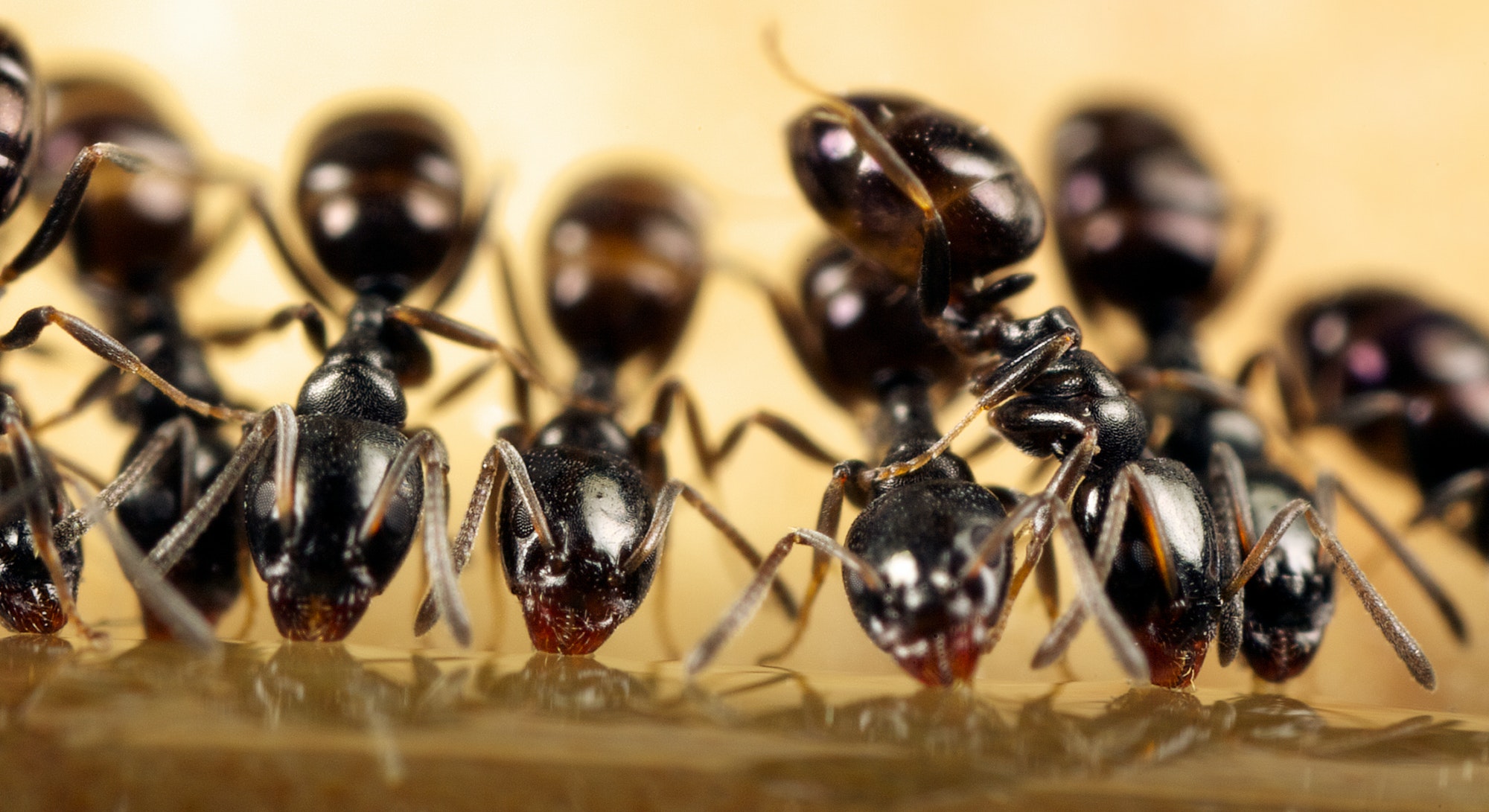Why Bees Are Important For The Ecosystem?
The smallest flash of black and yellow on a hot, summer day can send a person running, often with a scream, for safety. The irony in the fear that many people feel towards these fingernail-sized insects can almost be seen as humorous, especially considering how grossly unaffected bees are by the human presence. In fact, bees are often harmless unless provoked; they are not like mosquitos, buzzing around and actively looking for people to bother. Bees are too busy for that – they have their own responsibilities and hives to consider. Despite the fear that bees invoke among many, these insects do not exist simply for the pleasure of scaring people but rather serve a much greater and impactful purpose. Unbeknownst to many people, bees are significant contributors to the ecosystem and have greatly impacted the way in which we live.
Among the largest reasons for the significant impact of bees is their widespread and impactful role as pollinators. As we have been learning since grade school, pollination is an extremely vital and natural process in which pollen is transferred from a flower’s anther, considered to be the male part of the flower, to a flower’s stigma, which is said to be the female part. According to the USDA US Forest Service, pollination is “an essential ecological service” to which “almost 80% require pollination by animals” (US Forest Service). One of the main pollinators to this contribution are bees; bees are especially excellent pollinators because “most of their life is spent collecting pollen” (Pollination). Bees collect pollen in a rather easy, natural way: when a bee lands on a flower, the flower’s pollen is naturally attracted to the bees’ fine hairs, clinging to it as the bee travels from flower to flower before finally losing its adhesion and remaining on the last flower the bee sets upon (Pollination).
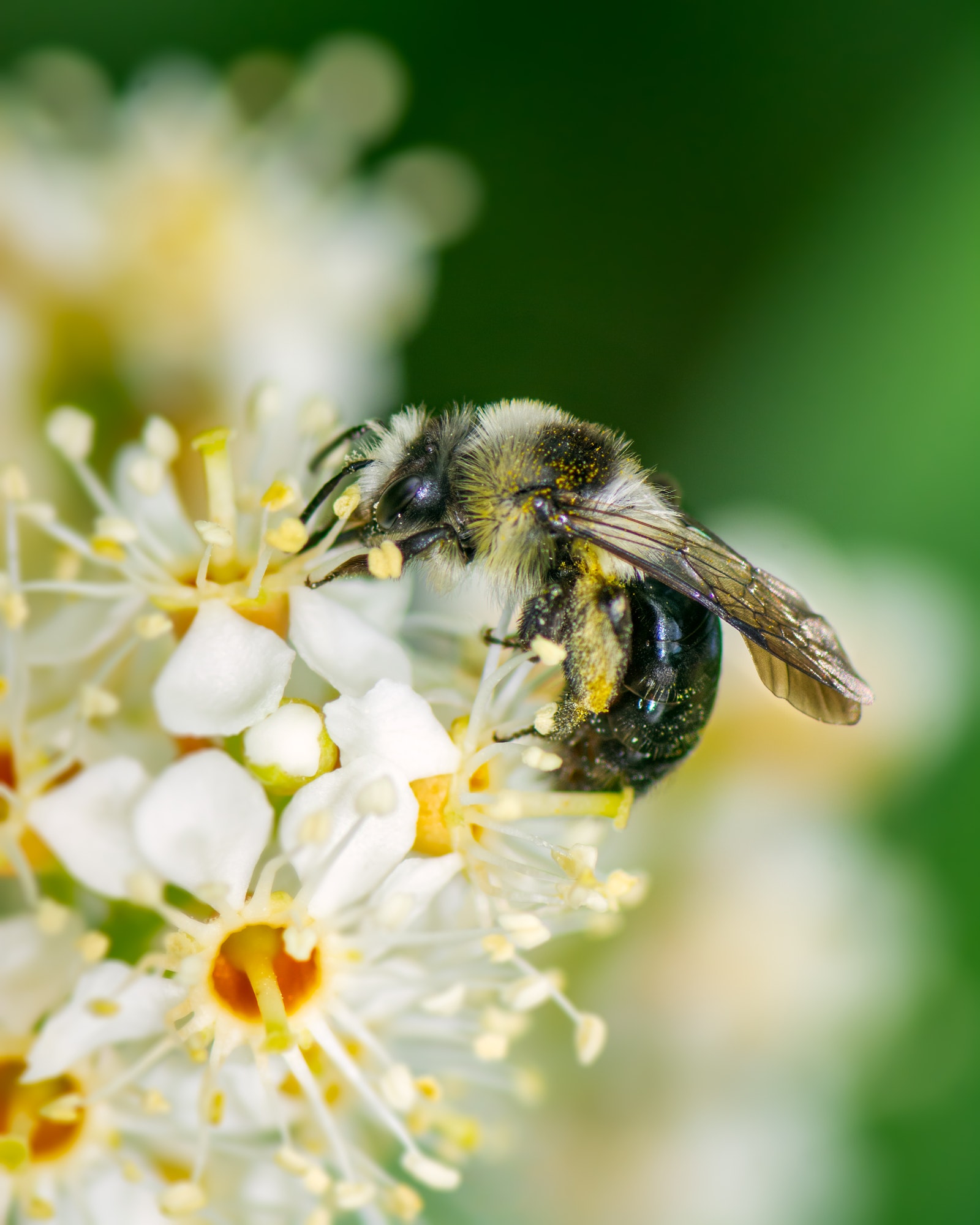
Considering the significance of pollination through a logical lens, an abundance of different fruits, vegetables, and plants that we consume are provided by pollinators and the means through which pollination occurs.
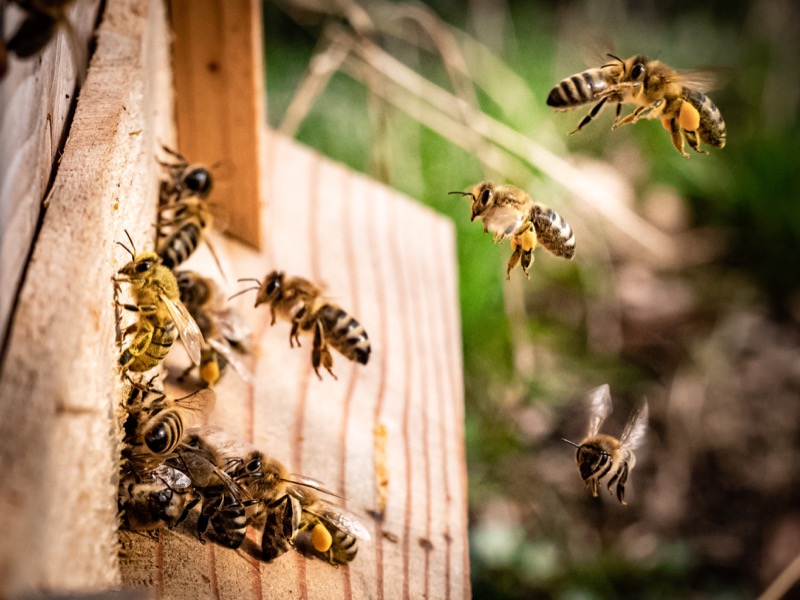
According to Pollinator Partnership, a non-profit organization dedicated to the protection and promotion of pollinators and their ecosystems, “pollinators add 217 billion dollars to the global economy, and honey bees alone are responsible for between 1.2 and 5.4 billion dollars in agricultural productivity in the United States” (About Pollinators). There exists a multitude of other environmental impacts that result from pollination, among them including carbon sequestration and the prevention of soil erosion. Wild plants and the plant population as a whole serve to provide natural processes of carbon sequestration in that plants naturally produce the very oxygen we breathe through the use of carbon dioxide in the atmosphere. Although atmospheric carbon dioxide levels continue to increase at unprecedented levels due to the burning of fossil fuels, deforestation, and other harmful human-environmental actions, pollinators are still “key to reproduction of wild plants in our fragmented global landscape” (US Forest Service).
This reproduction of plants also constitutes to the prevention of soil erosion in that, as plants continue to develop and grow, their expanding roots hold soil in place; this fosters the fertility of the land and a greater ability for soil to retain water (Soil Erosion).
As significant as it is to learn about bees as pollinators and the crucial impact they have on our ecosystem, this knowledge should not end at research but rather be used as a foundation in taking active steps to protect our pollinators. Perhaps the quickest and easiest action an individual can take is to donate to organizations whose missions are oriented to the research, protection, and promotion of pollinators; popular organizations include Pollinator Partnership and Xerces Society. Other, more hands-on steps individuals can take in protecting our ecosystem’s bees, and other pollinators, include planting one’s own home garden, adding natural habitat areas into farm systems works, purchasing local honey and locally produced organic foods, and simply spreading the message about the significance of pollinators (About Pollinators).
Learning and educating oneself about the world’s ecosystem and the health of the environment proves to be a responsibility of every person living on and utilizing the resources of this planet. Perhaps if more people knew about the profound impact bees have on our everyday lives, they would take a moment to pause and observe them on a summer day as opposed to running away in fear. Regardless, these black and yellow insects exist and continue to perform their tasks and environmental duties with a rigor that can only be associated with being a busy bee.
